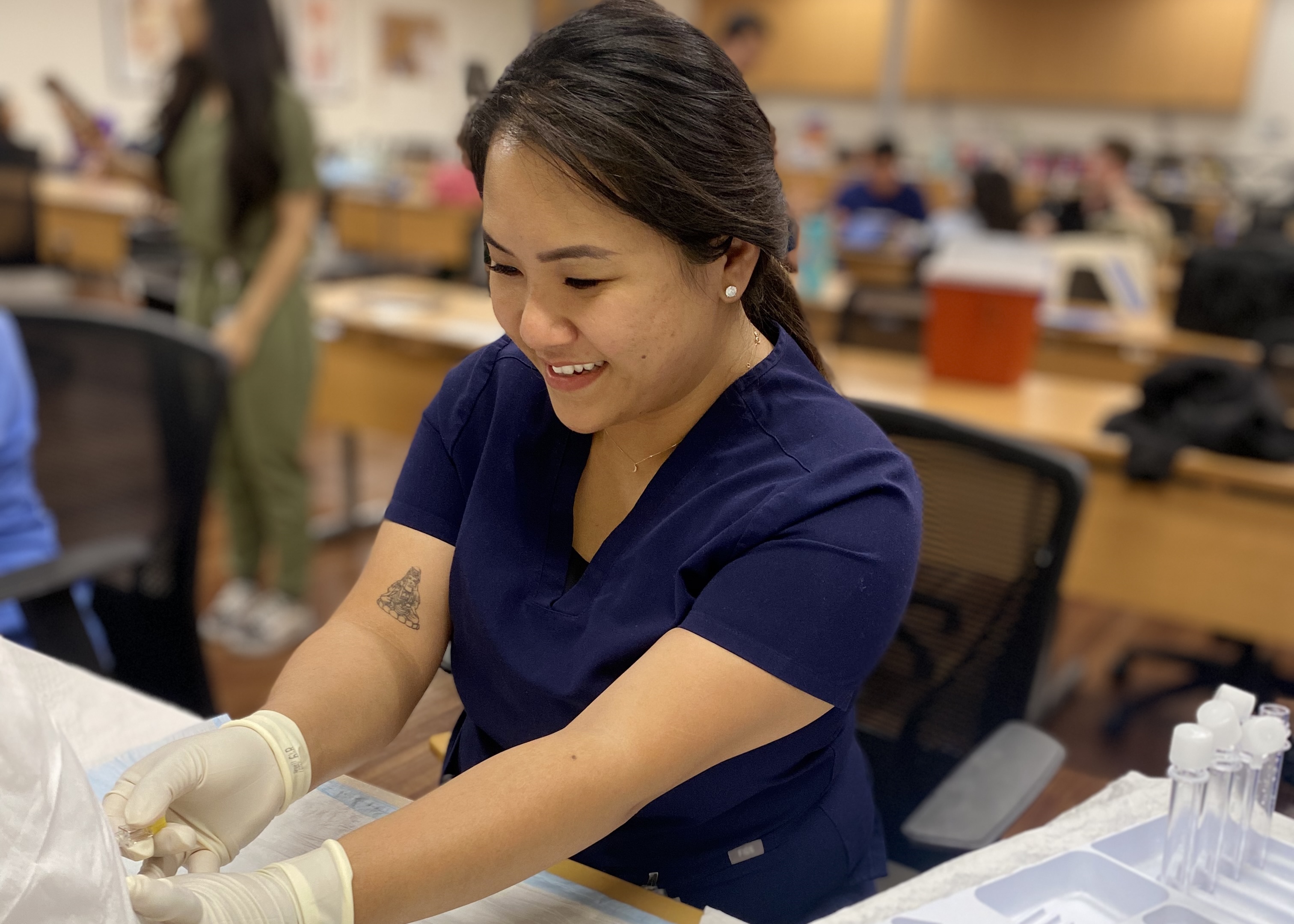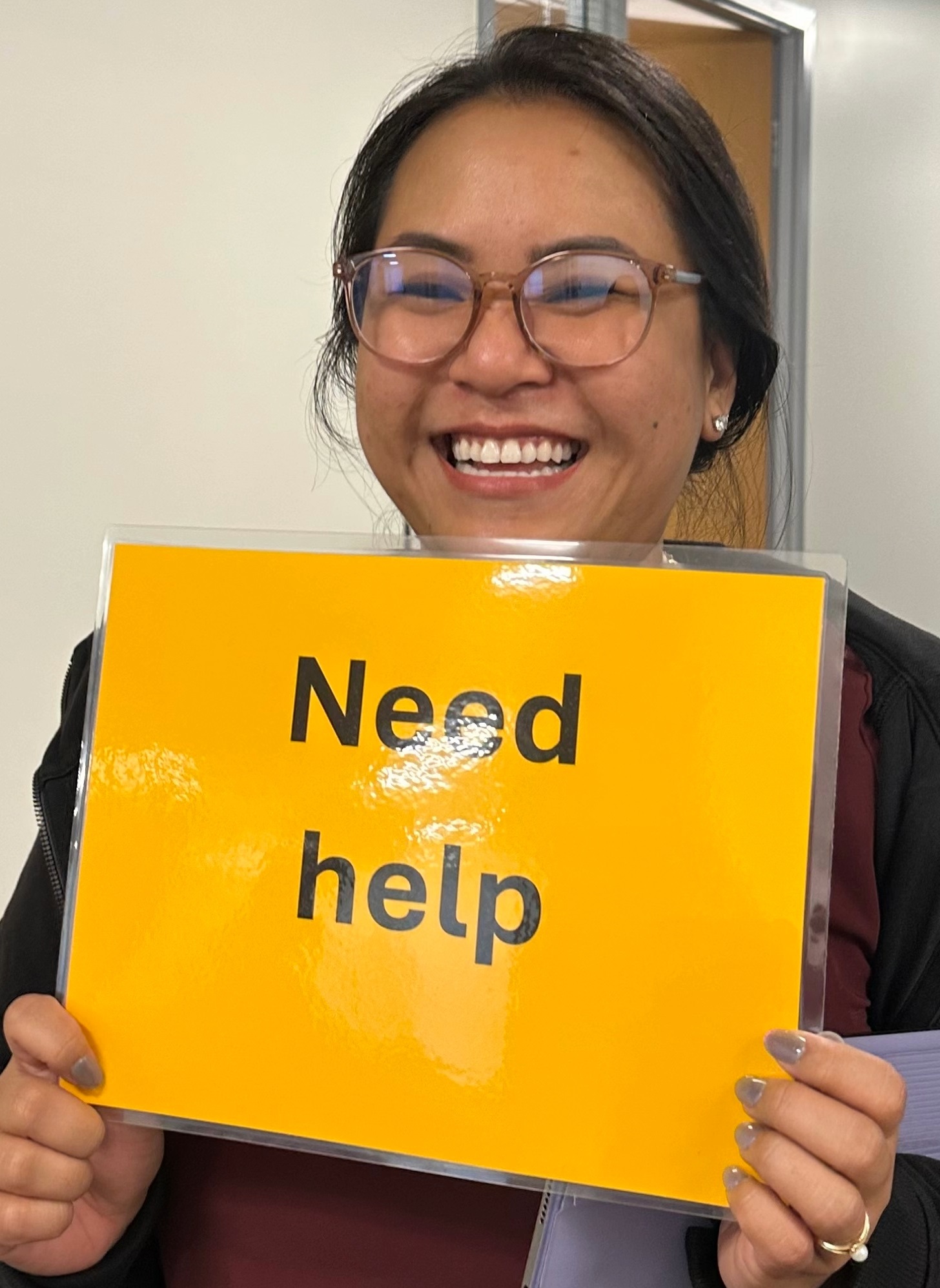Amateur.
It’s a word I often hear used as an insult- a label for someone unskilled, unpolished, and not quite good enough. Recently, I learned that its Latin root, amator, means “lover,” from amare, “to love.” That small discovery shifted my mindset during a time when I was feeling incredibly burnt out in PA school.
At the time, we were a little more than halfway through our didactic year- at what someone online called “The Messy Middle.” It’s that point where the excitement of starting something new has worn off, but the clarity of finishing isn’t quite here. It’s the hardest part: finding motivation, absorbing new information while trying to retain what you just learned, and staying afloat through feedback and self-doubt. When you find yourself here, remember this:
1. If PA school makes you feel like an amateur, it’s because you are.
And that’s okay- even good! When you feel unsure or behind, remind yourself of your love of this work. You care deeply about learning and about serving others. Feeling like an amateur means you care enough to want to do it well. Be kind to yourself and to those around you.
2. You’re not alone.
Lean on your cohort, your friends, your family, and us- your peer advisors! No one will understand what you’re going through better than your future colleagues. Talking with my classmates, who were endlessly patient with me (a verbal processor!), helped me feel seen and supported in ways even those who know me best could not provide.
3. What happens in school doesn’t define you.
It’s easy to reduce yourself to a checklist, a bad grade, or a reassessment. But remember: you are here to learn how to provide compassionate care and to make a difference in someone’s life. That growth is not linear, and it is not defined by any single moment or metric.
In a profession that prizes competence, it can feel risky to embrace the spirit of the amateur. Yet in my experience, the best clinicians I’ve met are those who never stopped being amateurs- who hold onto their love of the work and their humility, even as their expertise grows.
So, as you embark on this journey, be kind to yourself. Embrace being an amateur- not just as a beginner, but as someone who loves what they do. I hope you remember this message during late nights studying and humbling clinical days- we all start as amateurs. In the best ways, we should never stop being one.


